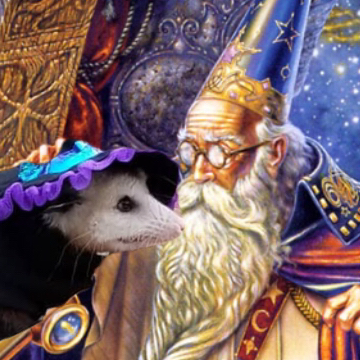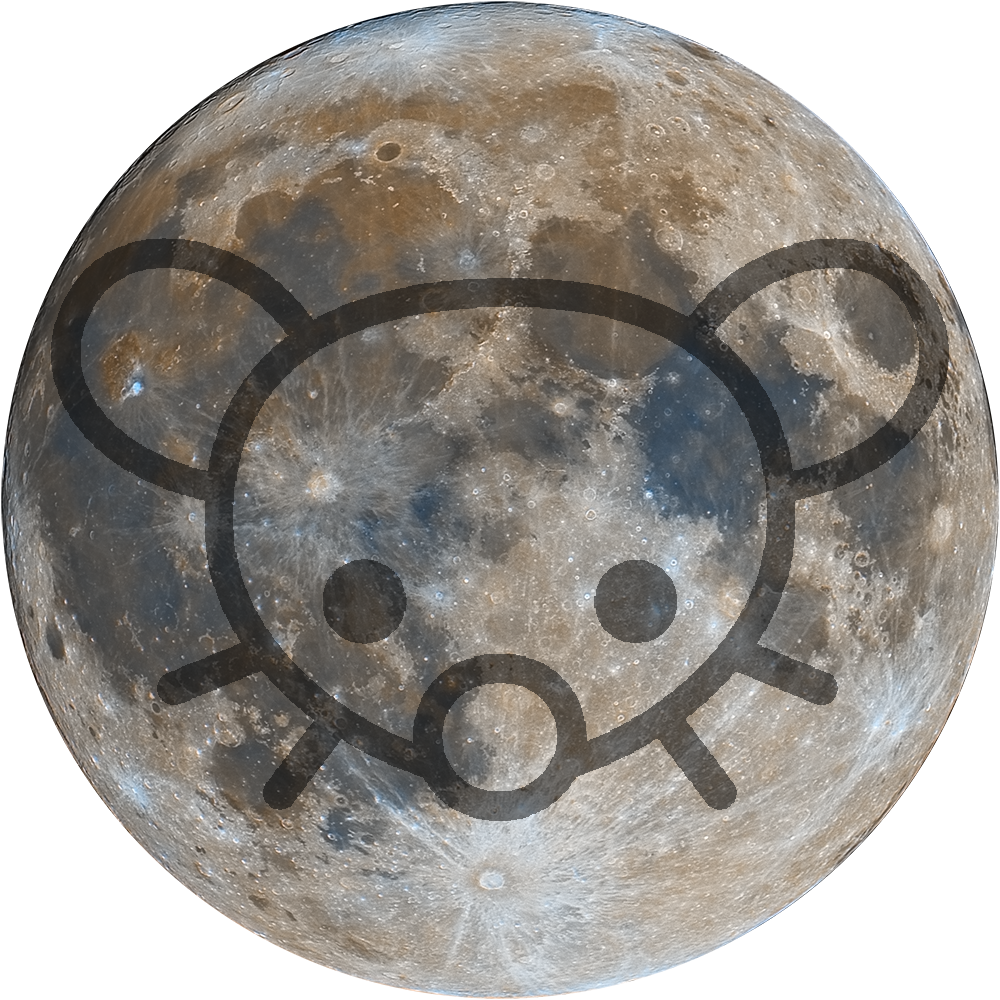Just yesterday I wondered why there’s never been a sci-fi planet near a globular cluster (that I know of), to have a spiky fuzzball of pinpoints of light, about the size of the moon, rising over an alien ocean.
Maybe even not as large as our moon, but enough to be able to make out its’ intricate features with the unaided eye.I wonder how such a sight in the nighttime sky would affect the worldview, mythologies and development of science, in primitive technological cultures, say in their paleolithic or bronze phases.
more like this please
NGC 5634 is a globular cluster about 80k lightyears away from us. It’s pretty small compared to other globs like M13. I only spent an hour on this while waiting for other targets to come up the last time I was at a dark site. Captured on June 7th, 2024 from a Bortle 3 zone (Deerlick Astronomy Village)
Places where I host my other images:
-
TPO 6" F/4 Imaging Newtonian
-
Orion Sirius EQ-G
-
ZWO ASI1600MM-Pro
-
Skywatcher Quattro Coma Corrector
-
ZWO EFW 8x1.25"/31mm
-
Astronomik LRGB+CLS Filters- 31mm
-
Astrodon 31mm Ha 5nm, Oiii 3nm, Sii 5nm
-
Agena 50mm Deluxe Straight-Through Guide Scope
-
ZWO ASI-120MC for guiding
-
Moonlite Autofocuser
Acquisition: 1hour 3 minutes (Camera at half Unity Gain, -15°C)
-
Lum - 24x90"
-
Red - 6x90"
-
Green - 6x90"
-
Blue - 6x90"
-
Flats- 30 per filter
Capture Software:
- Captured using N.I.N.A.
PixInsight Processing:
-
BatchPreProcessing
-
StarAlignment
-
ImageIntegration
-
DrizzleIntegration (2x, Var β=1.5)
-
DynamicCrop
-
DynamicBackgroundExtraction
duplicated each image and removed stars via StarXterminator. Ran DBE with a shitload of points to generate background model. model subtracted from original pic using the following PixelMath (math courtesy of /u/jimmythechicken1)
$T * med(model) / model
Luminance:
-
BlurXTerminator (correct only mode)
-
ArcsinhStretch + histogramtransformation to bring nonlinear
RGB:
-
ChannelCombinaiton to combine monochrome R, G, B stacks into color image
-
BlurXTerminator (correct only mode)
-
SpectroPhotometricColorCalibration
-
HSV Repair
-
ArcsinhStretch + histogramtransformation to bring nonlinear
-
Curves to saturate it a little
Nonlinear:
-
LRGBCombination with stretched L as luminance
-
DeepSNR Noise reduction
-
Invert > SCNR > invert > SCNR to remove some greens and magentas
-
Several CurveTransformations to adjust lightness, contrast, colors, saturation, etc.
-
HistogramTransformations
-
More curves
-
DynamicCrop in on the clustert
-
Resample to 80%
-
Annotation
Thanks for including all the post processing details.
-


